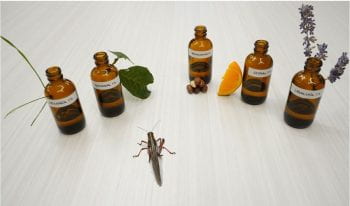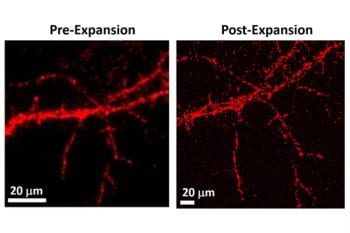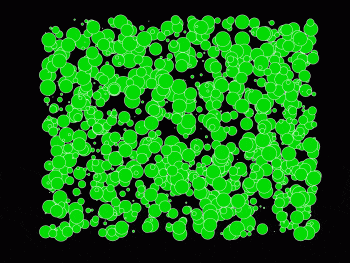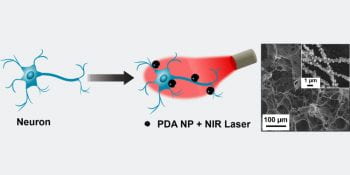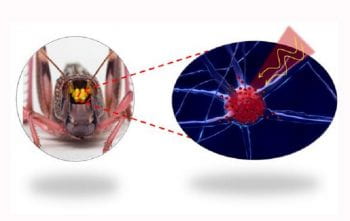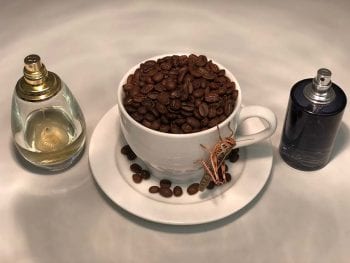Nanomaterials already play a vital role in enhancing the performance of everyday products from electronics to cosmetics to food packaging. But, beyond their usefulness in making images sharper and products more stable, researchers in the McKelvey School of Engineering at Washington University in St. Louis have shown nanoparticles may also be an essential tool in […]
Demystifying nano-neuro interactions




